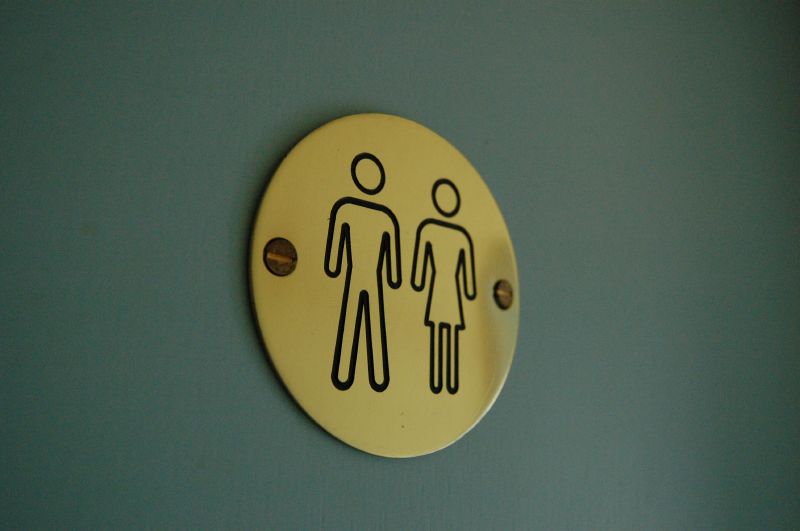
At times, mental health diagnoses can be difficult to understand. It’s hard to pinpoint exact causes, reasons and even treatments, as all are subjective to the individual. Communication also isn’t always open about mental health concerns leading to stigmatizations and misunderstandings.
One interesting consideration is whether or not gender has any direct role to play in the prevalence of certain mental health diagnoses. While this topic is complex and there is no easy answer, researchers have found a few direct correlations between certain types of mental health conditions and the gender of the individual living with that diagnosis.
Women and Mental Health
Generally speaking, women tend to internalize their thoughts and emotions. They will often think things through in their mind and process these thoughts personally. This internalization of emotions has been found to directly correlate with mental health diagnoses amongst women. As a result of this processing method, women tend towards being lonely or withdrawn, leading to higher diagnoses of depression and anxiety than seen in men.
Image Daniela
Men and Mental Health
On the other hand, men tend to deal with issues, thoughts or emotions externally. This might look like choosing to be challenging or physical, instead of ruminating internally. As a result, their mental health issues tend to be more aggressive, impulsive, coercive and non-compliant in their behavior.
Possible Treatment Considerations
As a result of these differences, it’s important to consider how treatment might differ for your teen based on their gender. For women, treatment might work on developing coping skills and participating in cognitive therapy. It might be helpful for them to learn how to share and express their thoughts without judgement to combat depression and anxiety. For men, on the other hand, they might set goals towards shaping external behaviors in a positive way, and begin to address and identify aggressive tendencies and their root causes.
Above all else, however, your teen’s mental health diagnosis will be unique to them regardless of their gender. Therefore, be sure to seek the help and support of a mental health professional who can suggest the best treatment options for your teen.
Feature image Adam Mulligan



